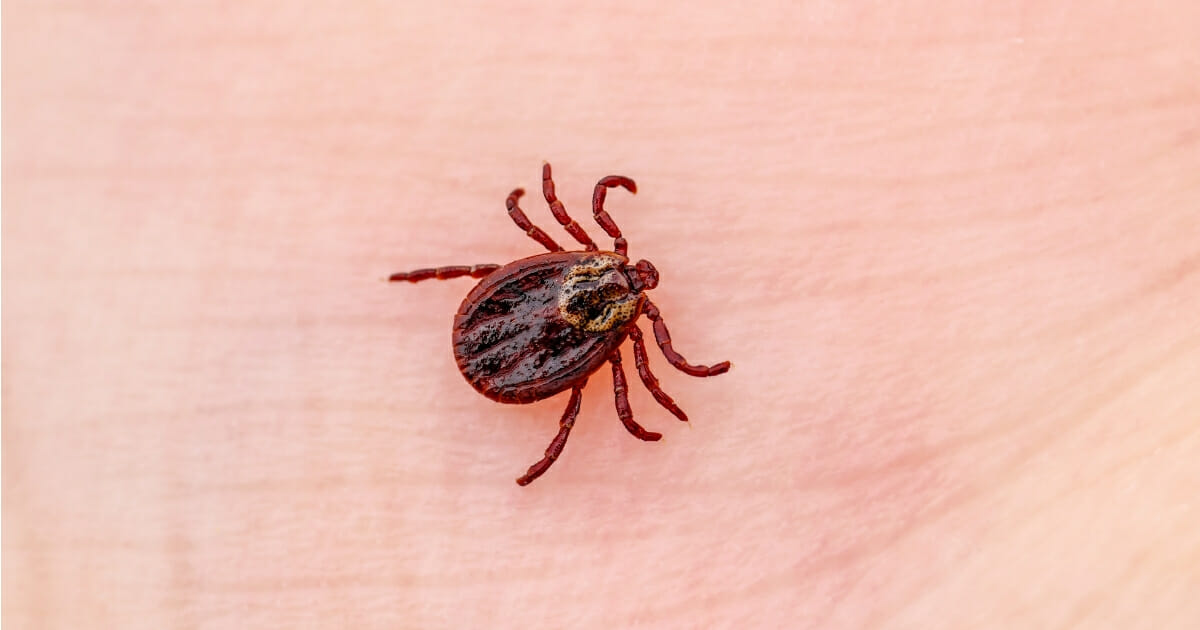
Another American Contracts Deadly Tick-Borne Illness, Rare Disease on the Rise in Northeast
A fourth person in Connecticut has been diagnosed with a rare and potentially fatal disease carried by ticks, according to WVIT-TV in West Hartford.
The illness, known as the Powassan virus, has emerged in Connecticut after only being added to the list of reportable diseases on Jan. 1.
The latest case of the virus was discovered in Ridgefield, while the other three were reported in New Canaan, New Preston and Newtown.
According to the Centers for Disease Control and Prevention, the Powassan virus is still rare despite its increased number of reported cases.
The virus can be present in the blood of rodents and is spread to humans through ticks that feed on humans after they have fed on infected rodents.
Humans, in turn, do not develop high enough levels of the virus in their blood, so they cannot spread the virus to ticks themselves.
Since it is only known to be spread in this manner, it is typically transmitted from late spring to mid-fall, when ticks are most active.
Most cases of Powassan virus in the United States occur in the Northeast and Great Lakes regions.
According to the CDC, the states with the most reported cases since 2009 are Minnesota (34), Wisconsin (25), Massachusetts (22) and New York (19).
There are no known vaccines for Powassan virus, so the only way to evade the disease is to avoid ticks.
If a human is infected with the virus, it is likely that he or she will not show any symptoms. If experiencing symptoms, infected persons can expect to feel sick for between one week and one month.
Initial symptoms include fever, headache, vomiting and weakness.
The virus can also cause more severe conditions, such as an infection of the brain (encephalitis) or the membranes around the brain and spinal cord (meningitis).
Symptoms of the more severe variety include confusion, loss of coordination, difficulty speaking and seizures.
The more severe variety of the disease has a roughly 10 percent mortality rate.
About half of those who survive can expect long-term health issues such as recurring headaches, loss of muscle mass and strength, and memory problems.
Just as there are no vaccines, there are also no known treatments for Powassan virus itself.
Health care providers can diagnose the disease using laboratory testing of blood and spinal fluid but cannot definitively cure their patients.
Instead, many of those infected with the severe variety must be hospitalized to manage the debilitating symptoms.
The CDC stresses the need to avoid ticks and seek out your health care provider if you believe you might be infected.
Truth and Accuracy
We are committed to truth and accuracy in all of our journalism. Read our editorial standards.
Advertise with The Western Journal and reach millions of highly engaged readers, while supporting our work. Advertise Today.











